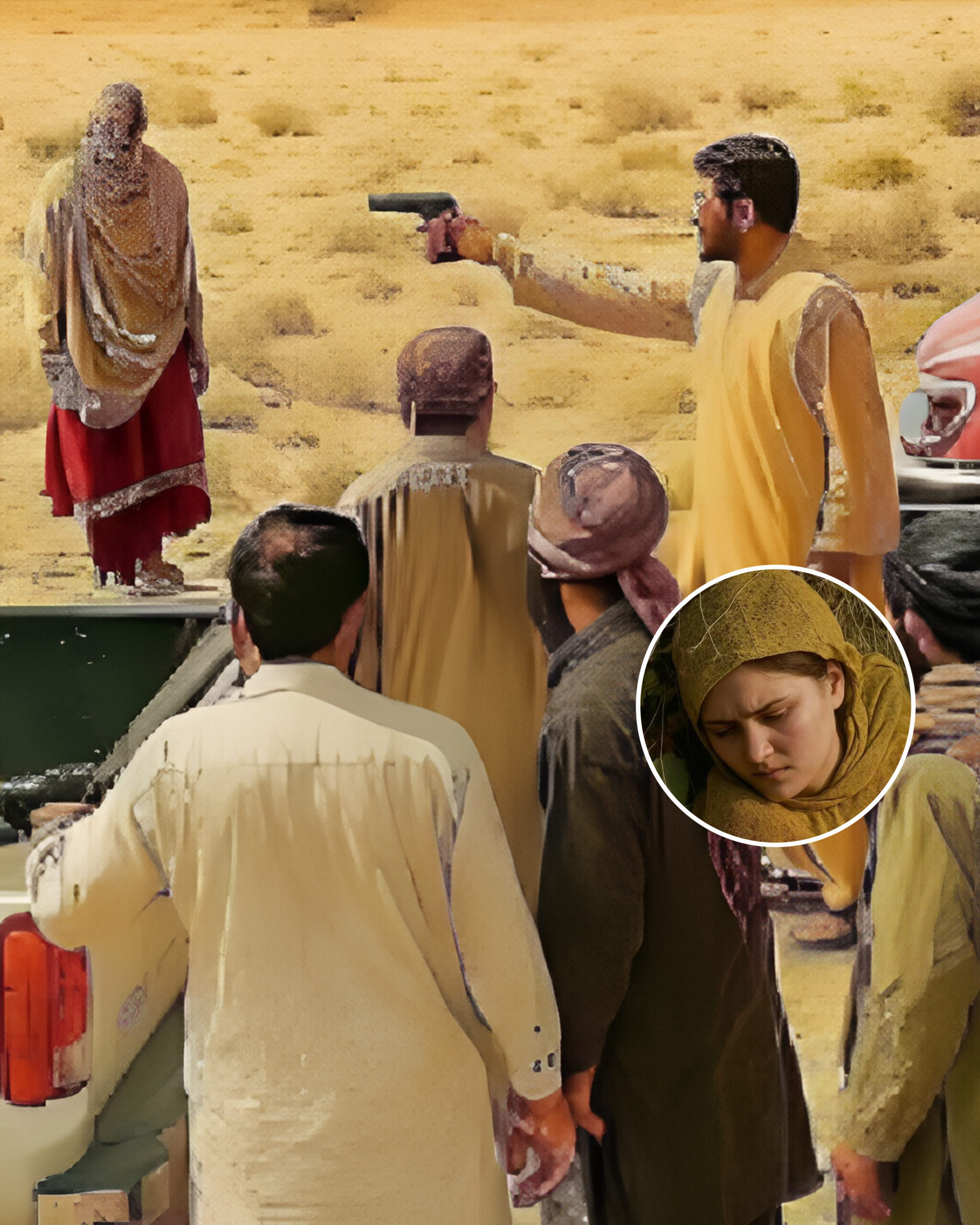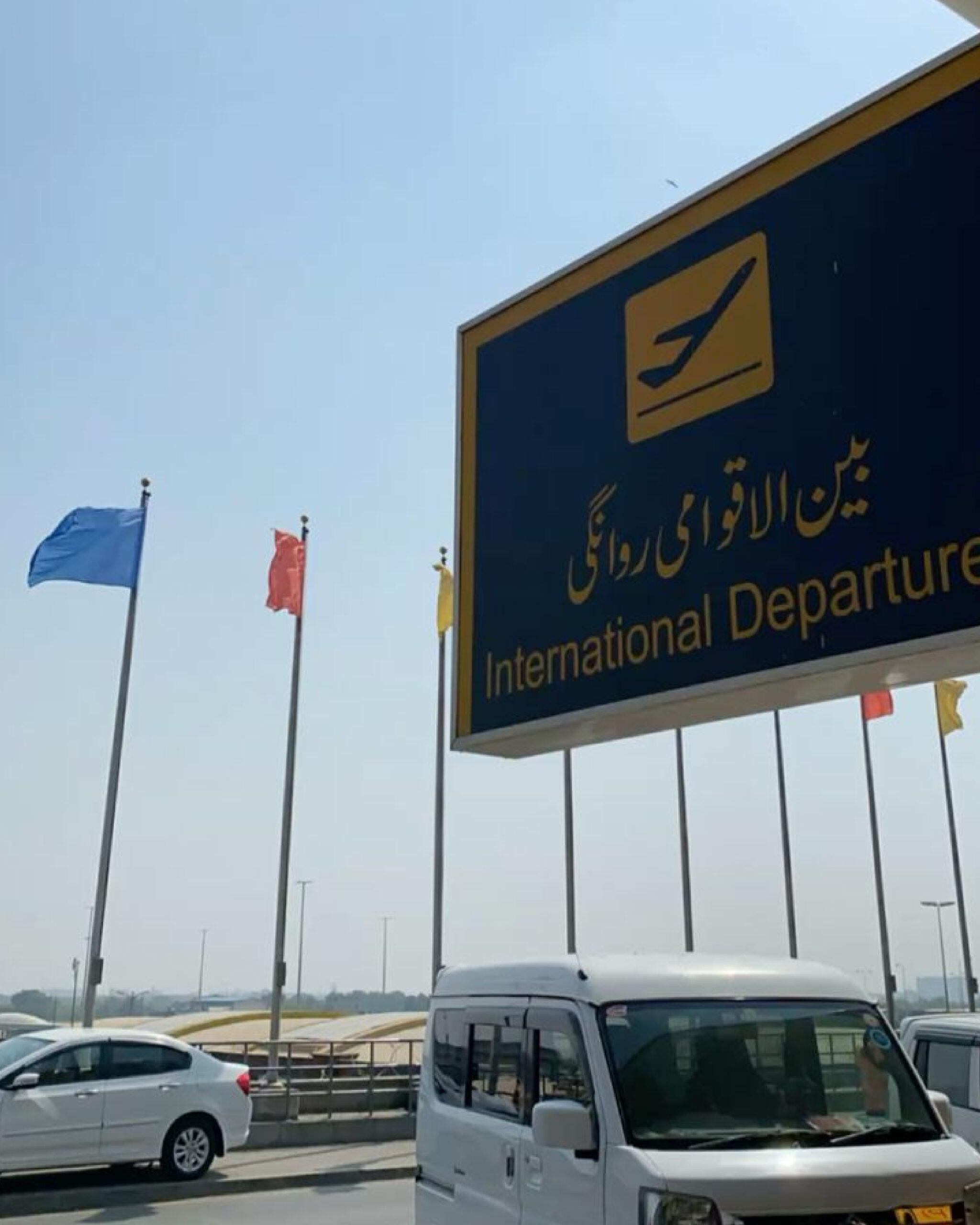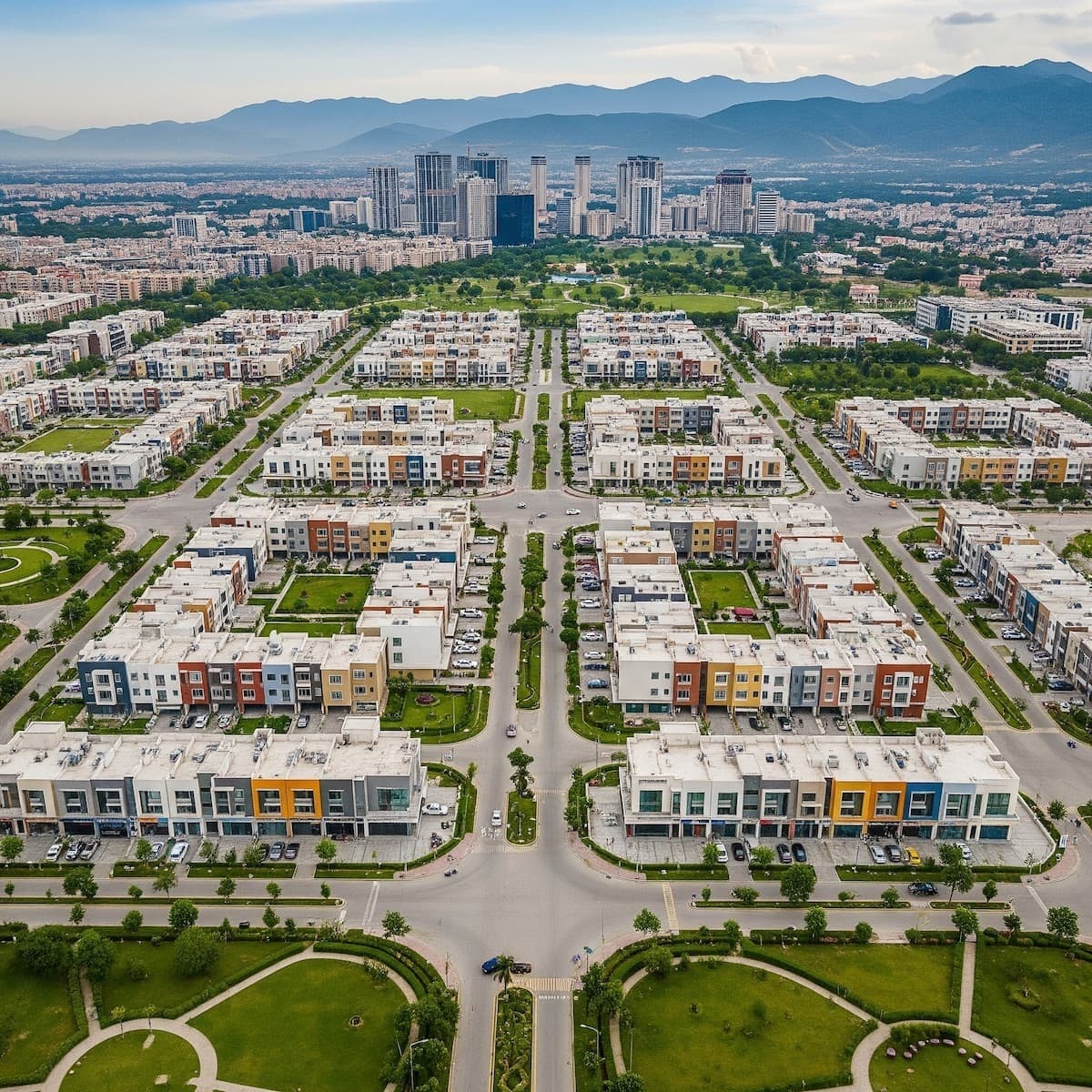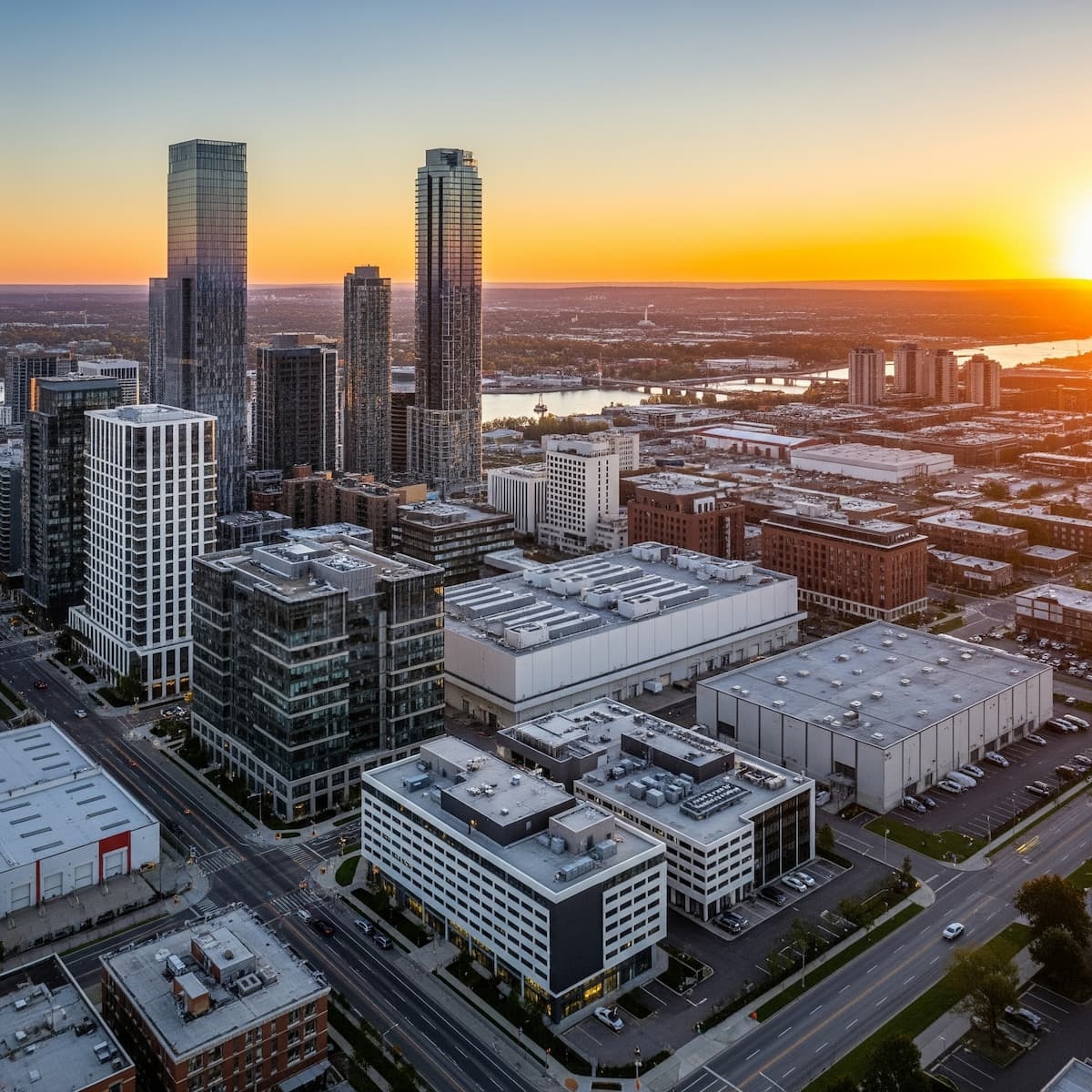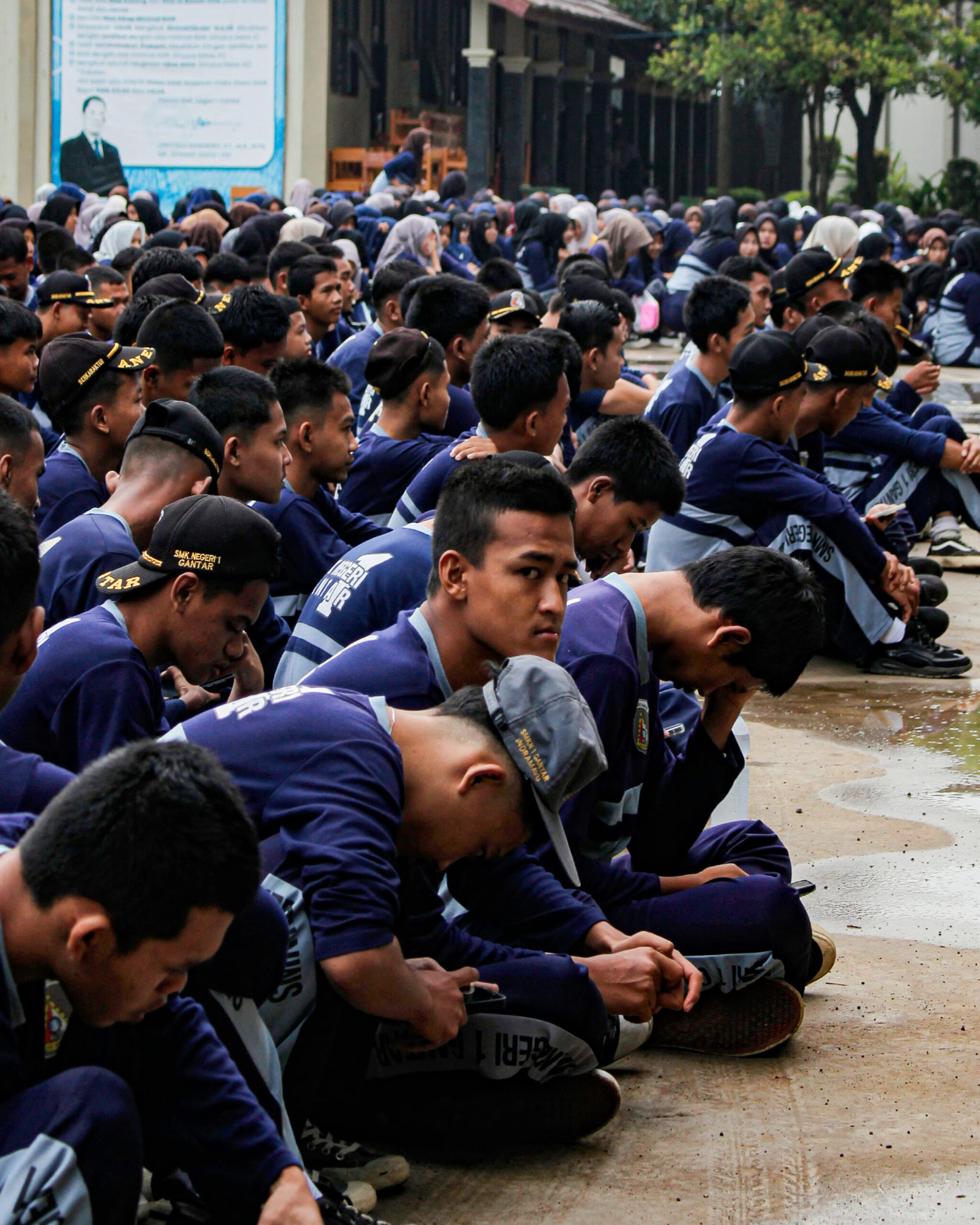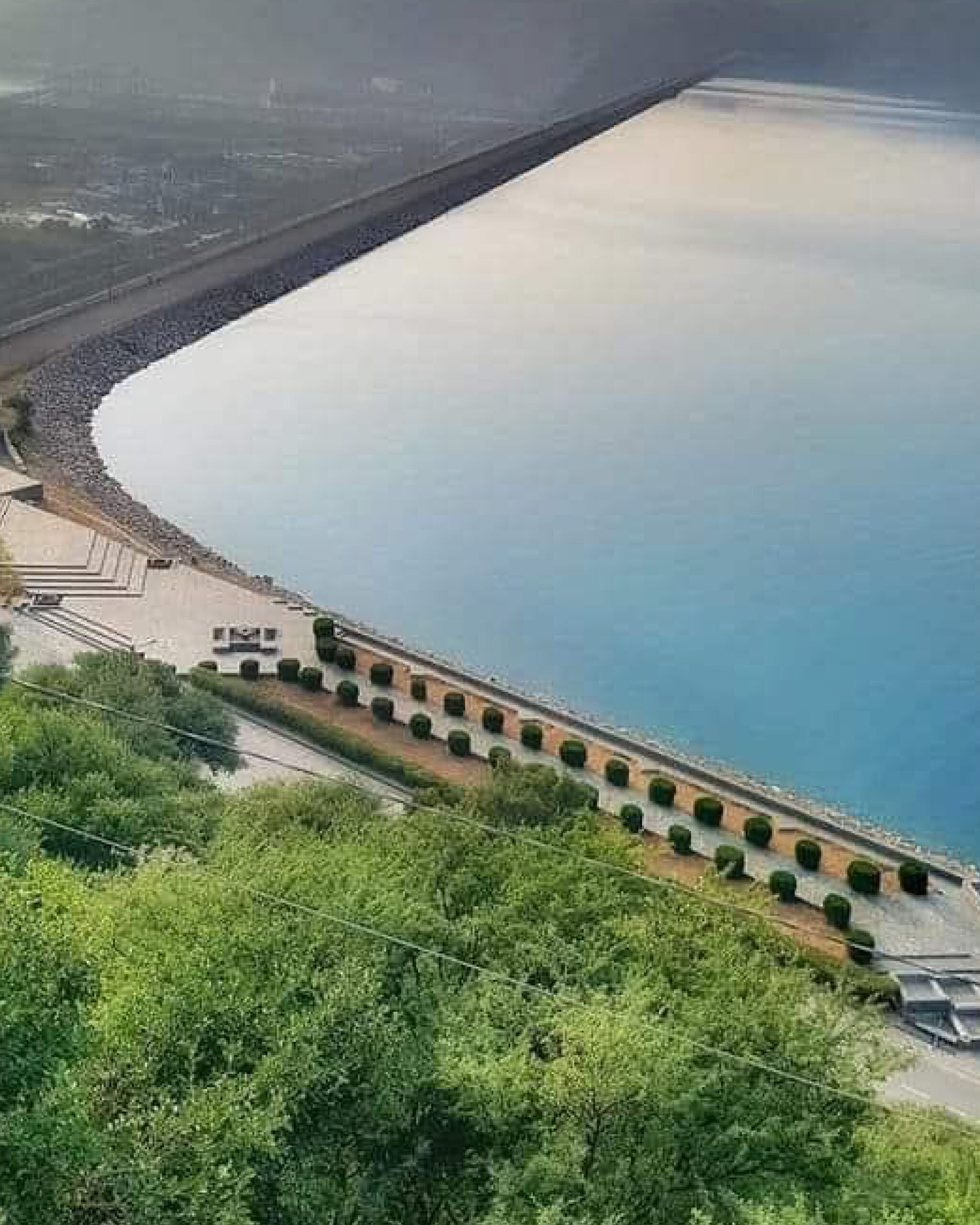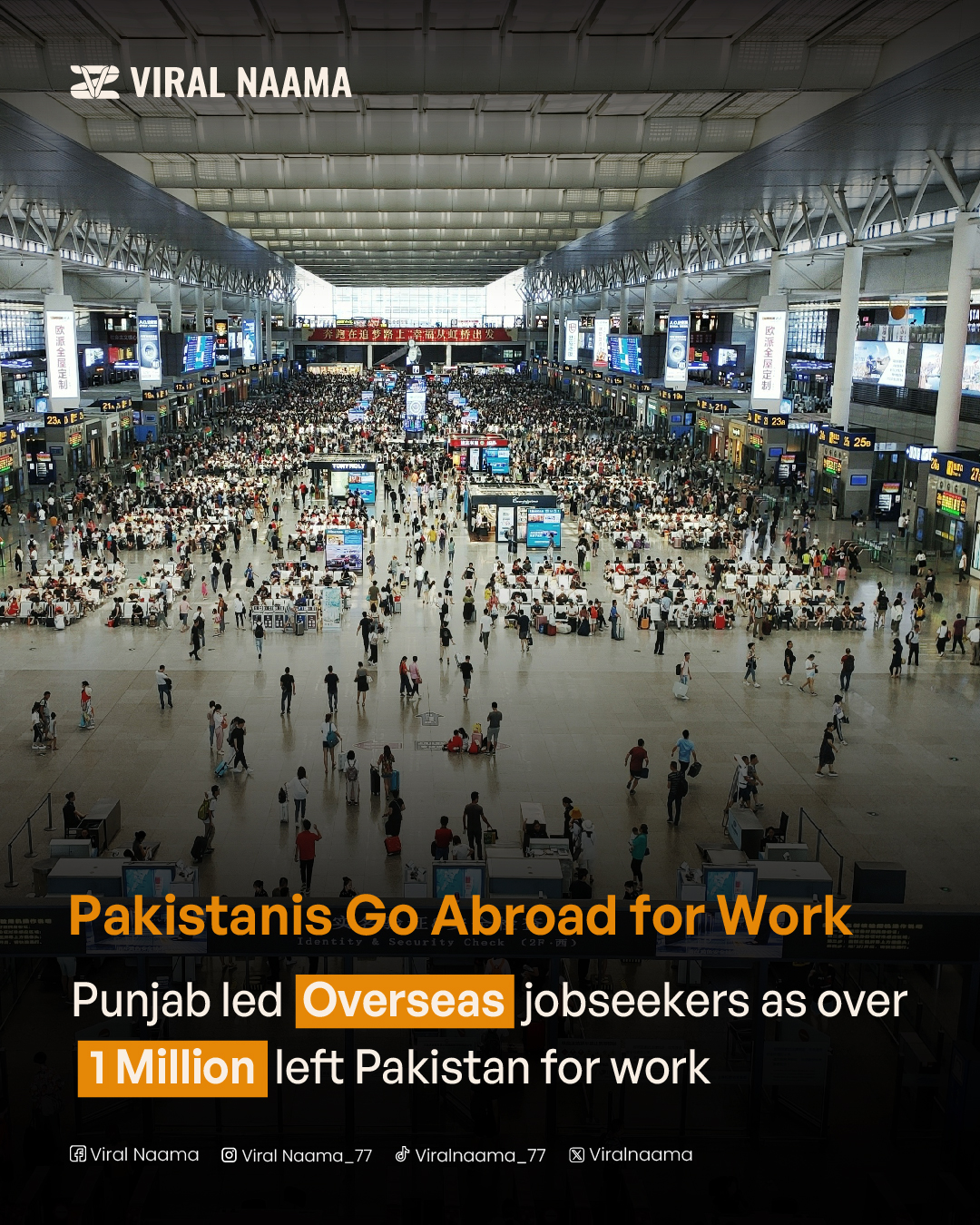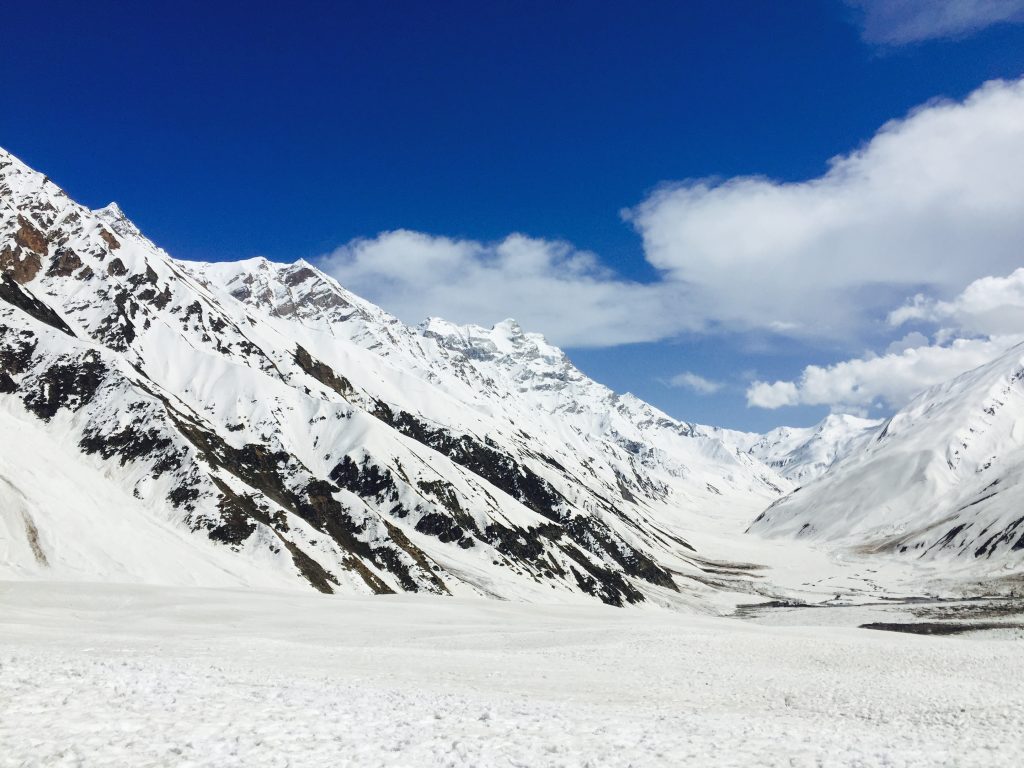
Pakistan and Iran will keep their border open 24/7 support pilgrims with shelter, travel, and security
Pakistan and Iran have taken a landmark step to facilitate religious pilgrims by agreeing to keep their shared border open 24 hours a day during Muharram and Arbaeen. This decision, reached after high-level meetings between Interior Minister Mohsin Naqvi of Pakistan and his Iranian counterpart Eskandar Momeni in Tehran, marks a significant boost in cross-border cooperation and support for hundreds of thousands of pilgrims making the sacred journey each year.
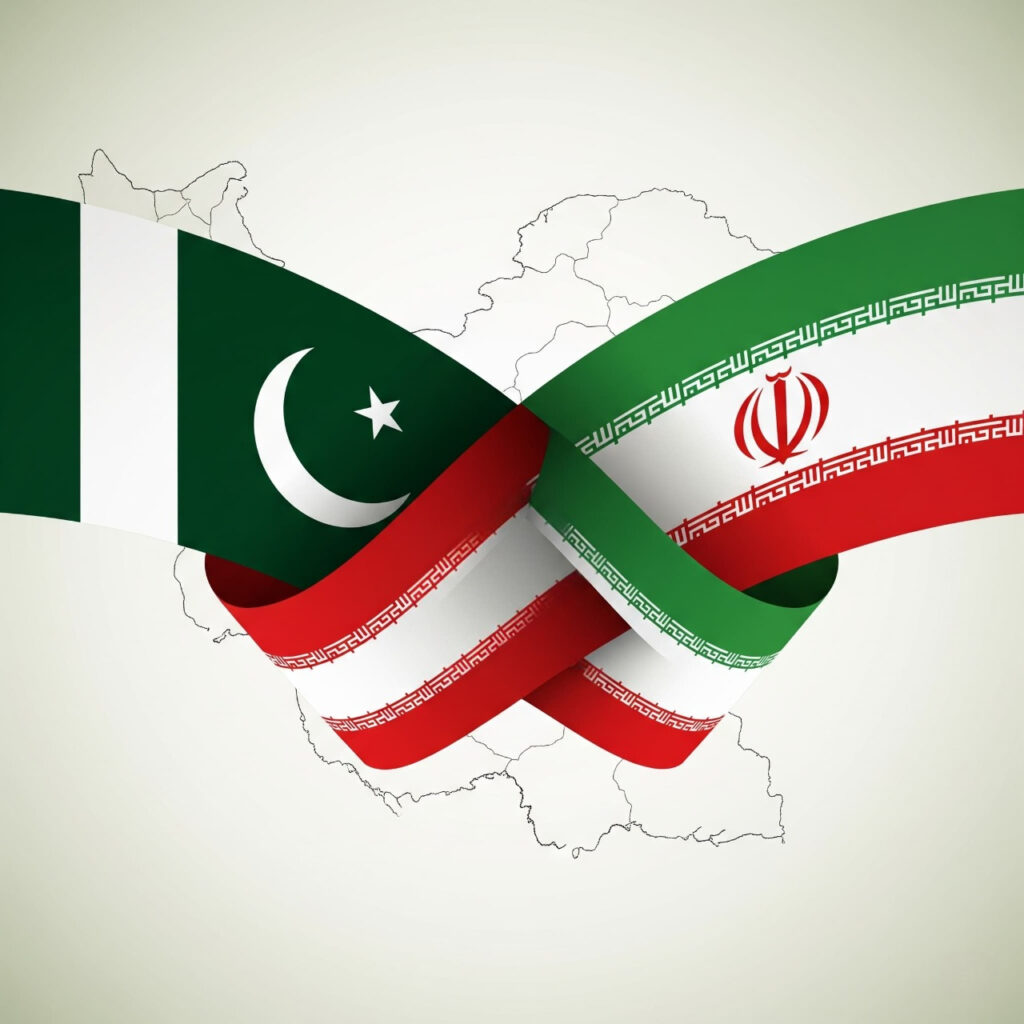
Key Highlights of the Agreement
- 24/7 Border Access:
The Pakistan-Iran border will remain open around the clock during Muharram and Arbaeen, ensuring smooth and uninterrupted movement for religious pilgrims. - Enhanced Pilgrim Facilities:
The Iranian government has pledged to provide accommodation and meals for 5,000 Pakistani pilgrims in Mashhad, a key pilgrimage city. - Increased Travel Options:
Both countries have agreed to increase the number of flights for pilgrims and are exploring the possibility of sea travel to further ease transit. - Rapid Issue Resolution:
A direct hotline will be established between Pakistan and Iran to resolve cross-border issues swiftly and ensure the safety and comfort of travelers. - Trilateral Coordination:
A special three-nation meeting involving Pakistan, Iran, and Iraq will be held in Mashhad before Arbaeen to plan and coordinate improved arrangements for pilgrims. - Border Security and Anti-Crime Cooperation:
Discussions also covered joint efforts to curb illegal immigration, human trafficking, and drug smuggling, with both sides reaffirming a commitment to stronger border security.
Why This Matters for Pilgrims
- Seamless Journey:
Pilgrims can now cross the border at any time, reducing congestion and wait times, especially during the peak days of Arbaeen. - Safety and Comfort:
With guaranteed shelter, meals, and increased travel options, the pilgrimage experience will be safer and more comfortable. - Religious Significance:
Arbaeen is one of the world’s largest annual religious gatherings, marking the end of the 40-day mourning period for Imam Hussain (AS). Each year, around 700,000 Pakistani pilgrims travel to Iran for religious observance, especially to shrines in Mashhad, Qom, and Shiraz.
At a Glance: New Measures for Arbaeen Pilgrims
| Measure | Details |
|---|---|
| 24/7 Border Opening | Continuous access during Muharram and Arbaeen |
| Accommodation in Mashhad | Meals and shelter for 5,000 Pakistani pilgrims |
| More Flights & Sea Travel | Increased flights, exploring sea routes |
| Hotline for Issues | Direct communication to resolve problems quickly |
| Trilateral Meeting | Pakistan, Iran, Iraq coordination for better pilgrim services |
| Security Cooperation | Joint efforts against illegal immigration and trafficking |
FAQs
Q: Why is the Pak-Iran border staying open 24/7 during Arbaeen?
A: To ensure smooth, safe, and uninterrupted passage for the large number of religious pilgrims traveling between the two countries.
Q: What support will be provided to Pakistani pilgrims?
A: Accommodation and meals for 5,000 pilgrims in Mashhad, increased flights, and rapid issue resolution via a new hotline.
Q: How are security and border management being improved?
A: Both countries will coordinate closely to combat illegal immigration, human trafficking, and enhance overall border security.
This unprecedented cooperation between Pakistan and Iran sets a new standard for regional support, safety, and hospitality for Arbaeen pilgrims, reflecting a shared commitment to religious freedom and cross-border solidarity.


